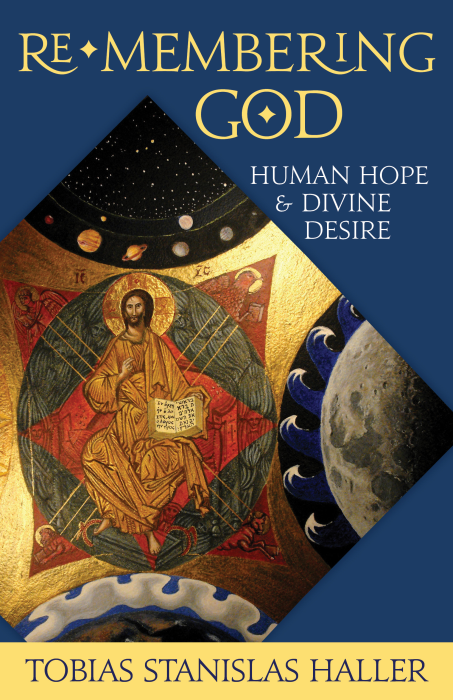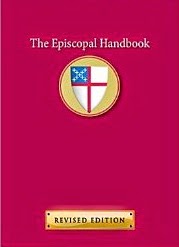Peter, Paul, and the Church
Those of us who follow the discipline of the Daily Office will soon be coming to the point in Acts of the Apostles at which it gets agreed that Peter should minister the Gospel to some while Paul and his associates will minister the same Gospel to others — others who will be held to a different standard of conduct, since they are not Jews but Gentiles. The wisdom of this move was credited by the Apostles to the Holy Spirit.
It appears to me that we have here a model for how to handle disputes in the church. It is not necessary, classical Anglican formularies tell us, that rites and ceremonies be in all places the same; nor would it seem, given the Apostles’ debate and decision, in even weightier matters of the Law, that an absolute uniformity be observed, so long as the heart of the Gospel is preserved.
To use Alisdair MacIntyre’s telling imagery, What deep truths from the narrative of our past, in which the practice of obedience has formed us, will enable us to meet future commitments in such a way that we “make of human life a unity”? What, exactly, are the obligations put upon us by the Gospel, if not those Christ enumerated in the Summary of the Law? And how, in keeping them, do we find ourselves, even if discontinuous on the practice of other virtues — even virtues held by some to be grave and important — how do we find ourselves still able to remain united in spite of these discontinuities?
And can we? This is the challenge that faced the church of Acts: and as the Epistles show, it failed — splintered over glossolalia and circumcision and a handful of other trivial discords that the churches’ warring members allowed to divide them — until the hammer of martyrdom in the Empire’s hand awoke them to a consciousness that there were more serious things in life — and in the life to come.
So can we be a church united in Christ while still some of us are “Pauline” and others “Petrine”? Does the unity of the church depend on choosing between Paul, or Cephas, or Apollos? Upon this set of rules or another? Or upon Christ, who summarized the Law under the rubric of Love, and in whom we are one not by our own virtue, but by virtue of our Baptism, and who has chosen us as much as we have chosen him?
— Tobias S Haller BSG








2 comments:
I too have returned again and again to the NT as we seem to be pulling one another apart. It seems first contra some, that we've always had our disagreements, and not just between Peter and Paul but also James and Johh. Space was made to allow for the Church to operate in various ways to reach the greatest number even in that disagreement, and I would hope that we can find it in us to do the same even now. There is a way by the Spirit that allows for differentiation and disagreement without schism or uniformity. A unity that is something more than mere conformity to a centralized ecclesial authority, but such has to allow the space of love across divisions. I don't see much love left, only worldly power and not just on the right in "tradition" or left in "justice" but in the middle in "consensus".
I have written myself that I think we can - that we can see each member of the Body to mean whole traditions, and that each tradition might have its own charism and vocation (http://episcopalhospitalchaplain.blogspot.com/2006/06/varieties-of-gifts.html#links). However, it can be very hard to stop and sort through the arguments that arise. How much certainty do we need to feel comfortably "in Spirit and truth?" Some seem to need more than others.
At the 1920 Lambeth Conference the bishops spoke of mutual recognition with the Assyrian Church of the East (the "Nestorians"), saying that the differences were largely of bad translation, but not so large as to keep us apart. (These days the Christians of the ancient Assyrian tradition say that no only do they not believe what Nestorius is purported to have said, but that Nestorius didn't believe it, either.) In the conversations over the last decade with the Oriental Orthodox Churches we made basically the same point. Unfortunately, those two ancient traditions still mutually anathematize each other.
Who will hear the arguments among us Anglicans and point out to us that these are issues of bad communication and not bad faith? Sadly, there are some who must have certainty to feel comfortably "in Spirit and truth" (some at both ends of the argument, although I still believe rejectionist reasserters outnumber rejectionist reappraisers).
Post a Comment